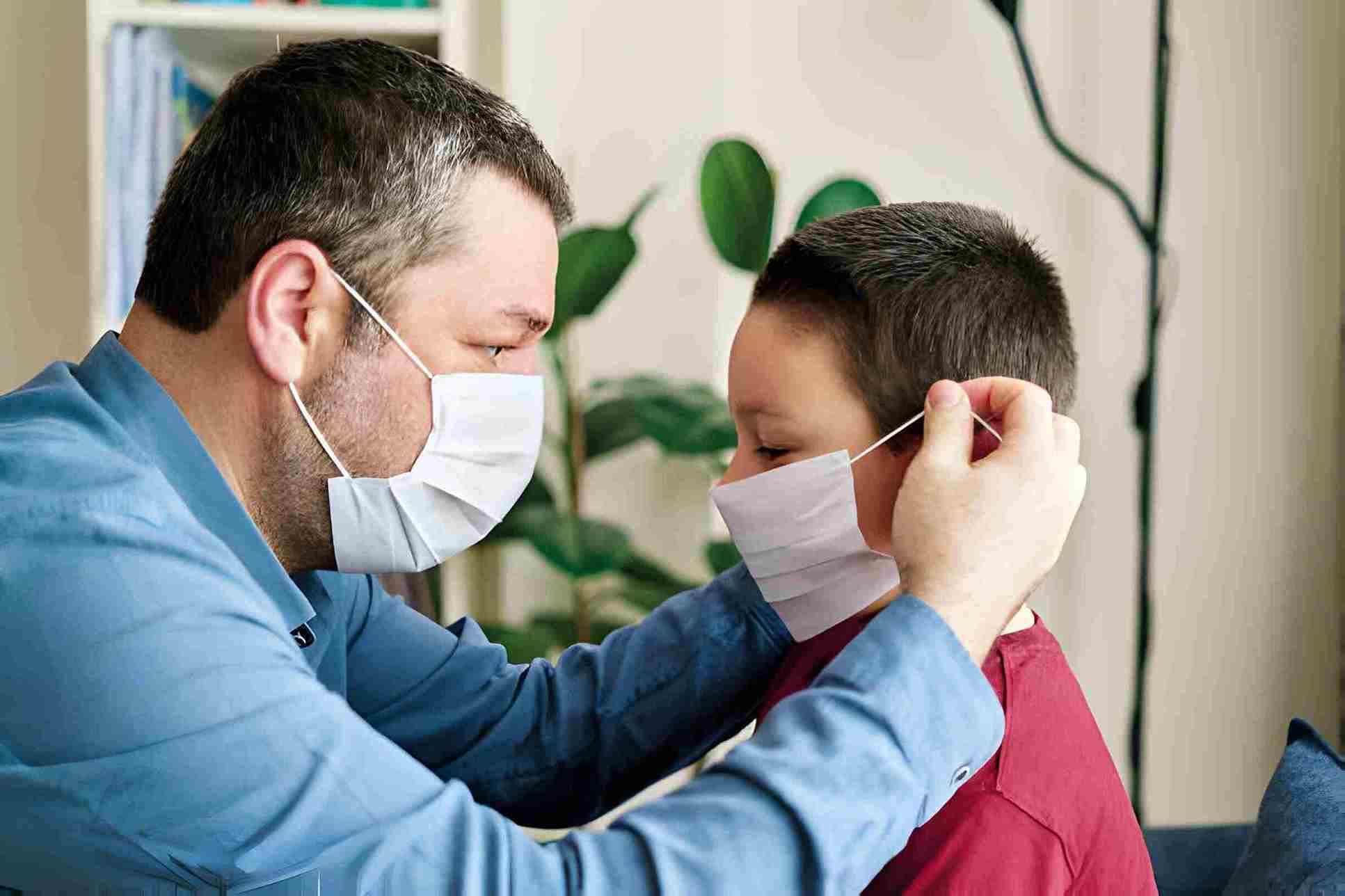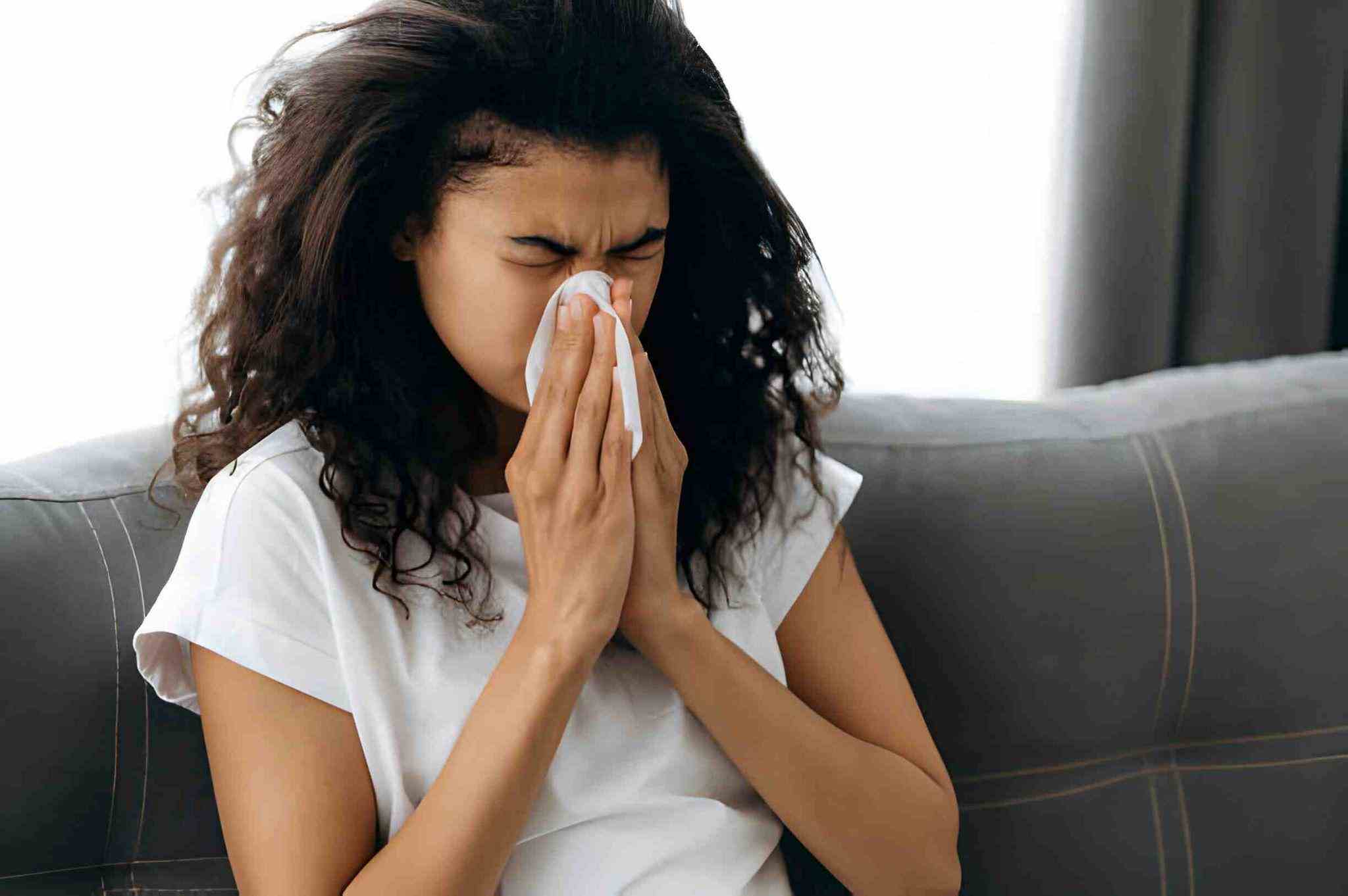When it comes to health and fitness achieving overall well-being requires an approach. For people, allergies can present obstacles on their journey towards optimal health.
Allergic reactions can range from inconveniences to life threatening events, which is why it’s crucial for individuals to take charge of their wellness by navigating allergy treatment effectively. This article delves into the intersection of health, fitness and allergies offering insights and practical tips to empower individuals on their path to well-being.
Understanding Allergies
Allergies, ranging from seasonal hay fever to food sensitivities, manifest in diverse ways, impacting the lives of millions around the world.
- The Basics: Allergies occur when the body’s immune system reacts to substances that are typically harmless. Common allergens include pollen, dust mites, pet dander, certain foods and insect stings.
- Impact on Fitness: Allergies can significantly affect an individual’s ability to participate in activities. Respiratory allergies like hay fever can lead to breathing difficulties during exercise while food allergies may cause issues.

- Holistic Approaches to Managing Allergies: In the pursuit of well-being, individuals grappling with allergies often find themselves seeking not just relief from symptoms but a comprehensive and holistic approach to managing their immune system
Dietary Adjustments
Whether prompted by specific health goals, medical conditions, or a desire for enhanced well-being, making intentional changes to our diet can be a transformative journey.
- Identifying Trigger Foods: Collaborate with a healthcare professional, in identifying food allergies. To alleviate symptoms and enhance well being it’s beneficial to avoid foods that may trigger reactions.
- Maintaining a diet: Nutrients can boost your immune system’s strength. Include a range of fruits, vegetables, lean proteins and whole grains to support your body’s resilience.
- Making modifications to your environment is also helpful: Keep your home clean and free from allergens to minimize exposure. Consider investing in air purifiers using allergen proof covers for mattresses and pillows and regularly cleaning carpets and curtains.
Seeking Guidance from Allergists and Immunologists
This exploration delves into the multifaceted realm of allergic responses, emphasizing the importance of consulting with healthcare experts who specialize in the intricate dynamics of the immune system.
- Allergy Testing for Identifying Triggers: When seeking guidance from allergists, consider undergoing allergy testing. This diagnostic step can identify specific triggers, paving the way for more targeted and effective treatment plans.

- Exploring Immunotherapy Options: Consult with immunologists to explore long-term management options such as allergy shots or sublingual tablets. These immunotherapy methods aim to decrease sensitivity towards allergens, providing sustained relief.
- Informed Decision-Making for Allergy Solutions: Make informed decisions about your allergy management by consulting with allergists and immunologists who can provide expert guidance based on your unique health profile.
Tailoring Your Fitness Routine
This guide is a journey into understanding how customizing your fitness routine can not only enhance physical well-being but also address specific challenges posed by allergic reactions.
- Low Impact Exercises for Respiratory Comfort: Individuals with allergies may find incorporating low-impact exercises, such as swimming or cycling, to be gentler on their respiratory system, minimizing potential triggers.
- Mind-Body Practices for Stress Management: Incorporating mind-body practices like yoga or tai chi can be particularly beneficial for managing stress, a common trigger for allergic reactions. These practices not only contribute to physical well-being but also foster mental resilience.
- Incorporating Mind-Body Practices: Integrate stress-reducing exercises such as yoga or tai chi to not only enhance physical well-being but also to manage stress, a common trigger for allergic reactions.
Empowering Your Wellness Journey
The journey towards wellness is personal, and this guide aims to be a companion on your path—a source of knowledge, motivation, and encouragement.
- Building Allergy Awareness: Educating Yourself; It’s crucial to stay informed, about allergies, recognizing triggers and understanding the signs of reactions.

- Effective Communication: Clearly communicating your allergies to healthcare providers, fitness trainers and others involved in your health journey is key.
- Consistent Monitoring: Keeping a record of allergy symptoms, triggers and the effectiveness of treatments will help you make decisions about managing your health.
- Regular Check ups: Scheduling check ups with healthcare professionals ensures monitoring of health status and enables necessary adjustments to treatment plans if needed.
Conclusion
Managing allergies within your health journey requires an approach coupled with knowledge. By taking an approach that considers changes, in diet adjustments to the environment and personalized fitness plans people can become what we call “Wellness Warriors.”
It’s important to seek guidance from professionals, like allergists, nutritionists and fitness experts who can provide knowledge to help you make choices regarding your health. Keep in mind that everyone’s wellness journey is different and by understanding and managing allergies you can pave the path towards a more satisfying life.









